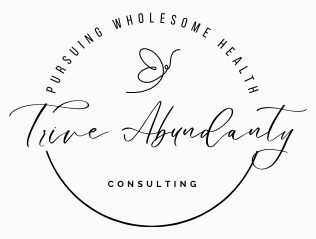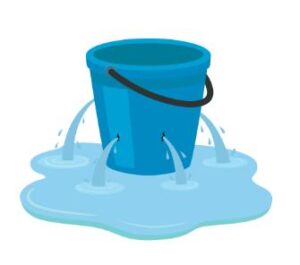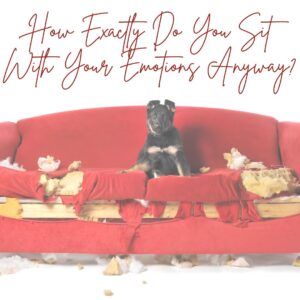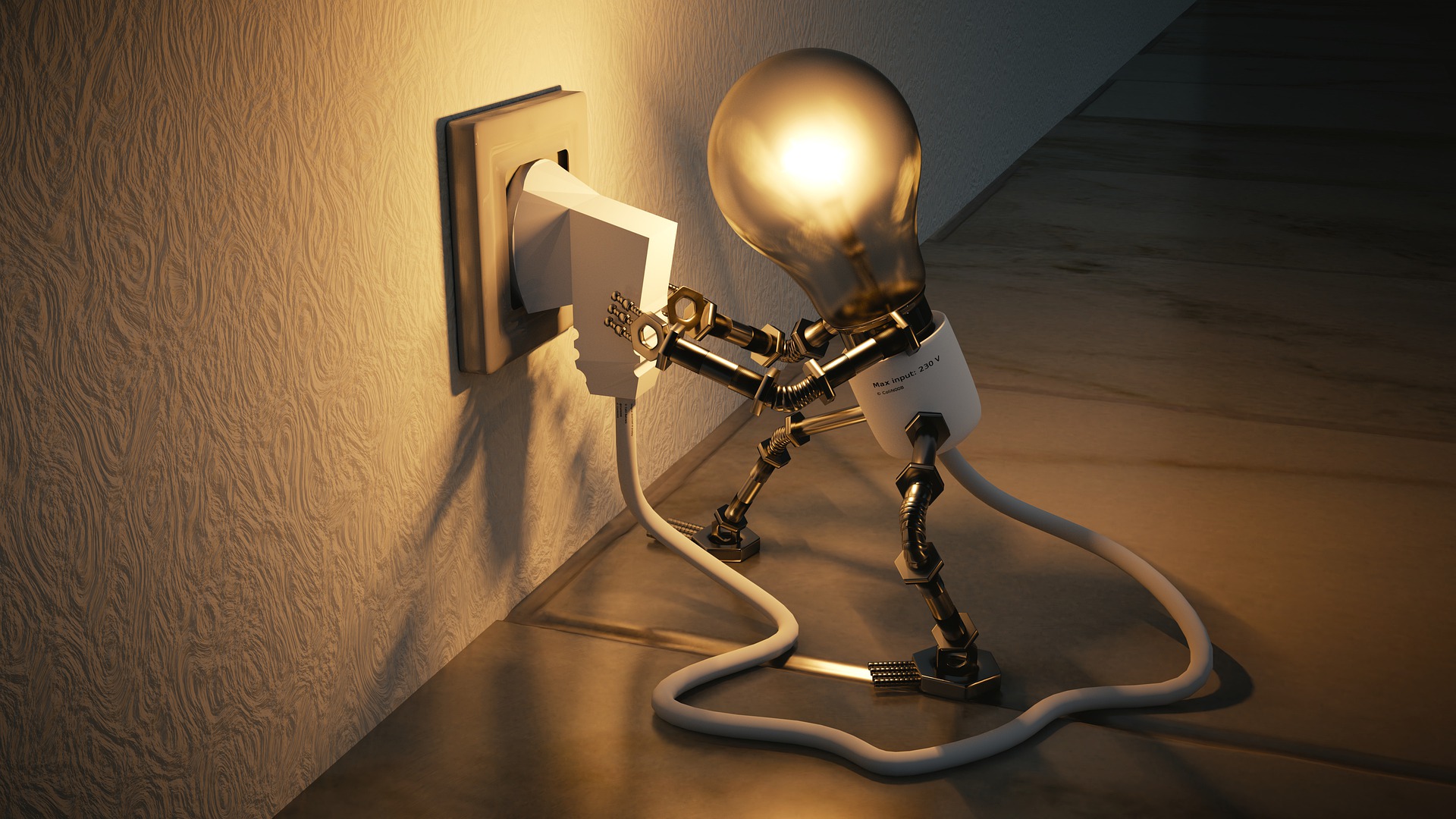This is post 31 in the Living Fully Alive blog series. For the best learning experience, please consider reading the posts in the order they were published.
The session on the victim mindset was a hard one. On the one side, I know I have taken many steps in many areas of my life to not give in to powerless thinking, and on the other side, I felt like several areas still popped out at me as smelling of victim mentality. I hope I’m not the only one who finds it a challenge to look at circumstances, where we feel we only have one option available to us and try to come up with more, because there must be more. I find it especially challenging when it involves any form of team work, where it seems not all team member are on the same page or want the same thing. It reminds me of my school days. I always absolutely hated team projects, especially the ones where teams were assigned versus picked, because inadvertently, I would find myself with at least one or two team members who would not have the same standards for grades as me. It truly felt like the only option to avoid a group grade I would be ashamed of, was to take what they contributed and make up for what it was lacking, so I could get us an A. It felt like I had no choice, because one of my issues was performance and perfectionism. Accepting a lower grade was not an option I even considered. I suppose I had the choice to just do my share and accept whatever grade that got us. Would it have been an option to go present my case to the teacher and ask for the project to not be graded or to be graded based on the individual contributions? I don’t know if I would have been assertive and confident enough to take that kind of initiative. What I do know is that once I was the teacher and I was assigning team projects, they weren’t graded….
As I already mentioned, the session on victim mentality was challenging. This session is not going to be an easy one either, because in a world where we so often operate by what is fair and what is not, choosing to take ownership has an element of unfairness to it. After all, in many circumstances, what happens may truly not be our fault, but we are responsible for the cleanup and are not likely going to get any help. At the same time though, knowing whatever happens to me does not hold the power to dictate to me what I do with it, is also empowering.
Our class on taking back our power began by looking at two men in history who had many more choices taken and stripped from them than you and I are ever likely to face, and yet even still, they managed to find ways to be powerful in their situations.
Chances are you have heard of Nelson Mandela. If not, the short of it is, that he was a black South African fighting for the rights of the blacks in the apartheid era of South Africa. He ended up being imprisoned for his activities for 27 years. That is a long time. He came across this poem during his imprisonment which in turn motivated him to choose to remain powerful, even when all seems taken away.
Invictus
Out of the night that covers me,
Black as the pit from pole to pole,
I thank whatever gods may be
For my unconquerable soul.
In the fell clutch of circumstance
I have not winced nor cried aloud.
Under the bludgeonings of chance
My head is bloody, but unbowed.
Beyond this place of wrath and tears
Looms but the Horror of the shade,
And yet the menace of the years
Finds and shall find me unafraid.
It matters not how strait the gate,
How charged with punishments the scroll,
I am the master of my fate,
I am the captain of my soul.
This poem so inspired him to manage himself in such a way, that when he was finally released from prison, he ended up rising to become the leader of South Africa, led his country in reconciliation and forgiveness, and was awarded, along with Frederik Willem de Klerk, the Nobel Peace Prize for their work “for the peaceful termination of the apartheid regime, and for laying the foundations for a new democratic South Africa”. He was included in TIME magazine’s list of 100 most influential people of the 20th century.
This is incredibly inspiring and shows that maintaining responsibility for our attitudes, thoughts and beliefs is powerful.
This introduction was followed by the statement that if I don’t like my life then it’s my fault. It’s a rather tough statement. It seems unfair. Most every parent has had to deal with the ‘unfair’ claim with their children. I know I have had the talk about life not being fair with my kids more than once. Explaining to my kids that they don’t really want fair, they would look at me as if I am crazy. But isn’t it true, that if life were fair, we would all be condemned with no hope of forgiveness and restoration? This perspective helps me when I fall into the ‘it’s not fair’ pit. The ‘unfair’ card is really a symptom of victim thinking in disguise, because what is the next step in the unfair? Point the finger at the one we want to hold responsible, right? That sure looks a lot like blame to me, even if it is based on facts.
Taking ownership for our lives can get a bit scary when we first consider it, because all of a sudden, how I feel is my own responsibility. I make the choice which feelings I deal with and which ones I don’t. No one else can do that for me. As already mentioned, Abi and Justin said it bluntly. “If you don’t like your life it’s your fault”. It sounds rather harsh, except I know what they mean. Does that mean that anything that doesn’t go right in my life is my fault? I don’t think so. But it is still a tough truth. It may be overwhelming looking at all the areas you don’t like in your life and realize, if anything is going to change, you have to own it. How I respond to what happens makes a difference. But if it is true, that I have made my life what it is, then I can also make it something completely different and much better, because then I am the architect of my own life. That realization brings me hope.
Remember, we learned early on that what we believe subconsciously is what governs our lives. Beliefs are powerful, because we put our faith in them. The Bible is very outspoken about the power of faith. In Mark Jesus tells us that if we do not doubt in our heart but believe what we say will come to pass, it will be done for us. Such a thought-provoking statement. And if we believe in our heart (and confess with our mouth) we will be saved. What if we believe something unhealthy? We have learned that whatever we believe is what we put our faith in, and our prover finds circumstances in our lives to show agreement with that belief which begins a cycle of self-fulfilling prophecies. If we believe we have no choice, we are not likely going to see any choices. What we find hard in our lives doesn’t prove that our beliefs are true, they prove we really believe in them.
There are stories of children all having grown up in the same dysfunctional families, but their lives look completely different. It shows that there is choice. One sibling may decide to embrace depression, another may decide to find a way to break out. The breaking out may be in a healthy or in a controlling manner. The difference is only in the choice. There are options. A crappy childhood does not mean we have to choose depression, control, etc.
Some people may say ‘you don’t choose depression, it happens to you’. I appreciate what Dr. Leaf has concluded when it comes to our mental health. It isn’t a sickness, it is a choice to think in a toxic way instead of choosing to let our mind govern what thoughts we entertain and what ones we don’t. I understand that depression is heavy and overwhelming. But there are enough stories to prove that depression does not have to run our life. I feel it’s a little bit like the story of David and Goliath. Most people just assumed they had no choice but to be overtaken by Goliath and the Philistines. Bud David saw other options, and he chose to take an active option rather than just let stuff happen to him. I love this approach, even if it is hard and scary.
Would David have been able to change anything if he hadn’t taken ownership of the threat? He wasn’t a soldier. It would have been acceptable in the situation for him not to get involved. Except he knew he was a piece in the puzzle that was Israel, and he decided Israel wasn’t going to go down if he had anything to say about it. This is inspiring to me, because it speaks to the issue of feeling like I’m just one tiny person who seems to be outnumbered by the actions and choices of others. If I think about it, all the people who brought about meaningful change are people who took ownership over something they were only a little piece of, and yet they stood up and brought change because they took ownership.
If I don’t take ownership of what is bothering me in my life, even if it involves other people and their choices, I can’t bring change.
If I am not in the driver’s seat, the car is going to go wherever, but probably not where I want it to go. It is obvious that if I want to change the direction the car is going, I’m going to need to move into the driver’s seat. My life does not get to be steered by someone else. I am the one that has authority over where my life is going. That obviously doesn’t mean there aren’t going to be roadblocks, but it means, it is my car, I am going to be driving and figuring out how to get where I want to go, including how I navigate obstacles.
Abi also mentioned how she addresses this truth when she does marriage counseling. Spouses may be blaming each other for the mess in the relationship and they may even have a point. One or both of the spouses may be partnering with hopelessness because it looks like the other person is never going to change. Hopelessness is a belief. When we recognize we feel hopeless, we can then stop agreeing with that belief and change it. Since we can’t drive other people, each spouse needs to look at his/her own car and assess if they are in fact in the driver’s seat and doing everything they have any power over. This reminds me of a previous lesson where we were taught how to redefine what success is. If my idea of success is a marriage where my husband does xyz, then I have no way of being successful, because he is in his driver’s seat, and if he doesn’t want to do his part, I have no way of feeling successful. But if I decide my goal in marriage is to be a great communicator, to pray for my marriage, to choose to validate, listen and respect, then I can be successful even if other things aren’t going as I had wished.
Pietze tells part of her story on the connected life podcast, episode 11. It’s helpful to hear someone else learn how to do what she can do, when the other person in her life is not doing what she would like. She was miserable when she was blaming her husband, because she couldn’t force him to change. She only had power to change herself and become healthy, which she ended up choosing. What was interesting is that even after she chose to own her part, the situation got even less like she wanted, but she chose to make the best of what she had and not sit helplessly by while life was happening to her.
Before you move on to the next post, if you haven’t already, can I encourage you to listen to the podcast episode and reflect where in your life you may need to take ownership?
To learn more about the Living Fully Alive course, please click the hyperlink.







